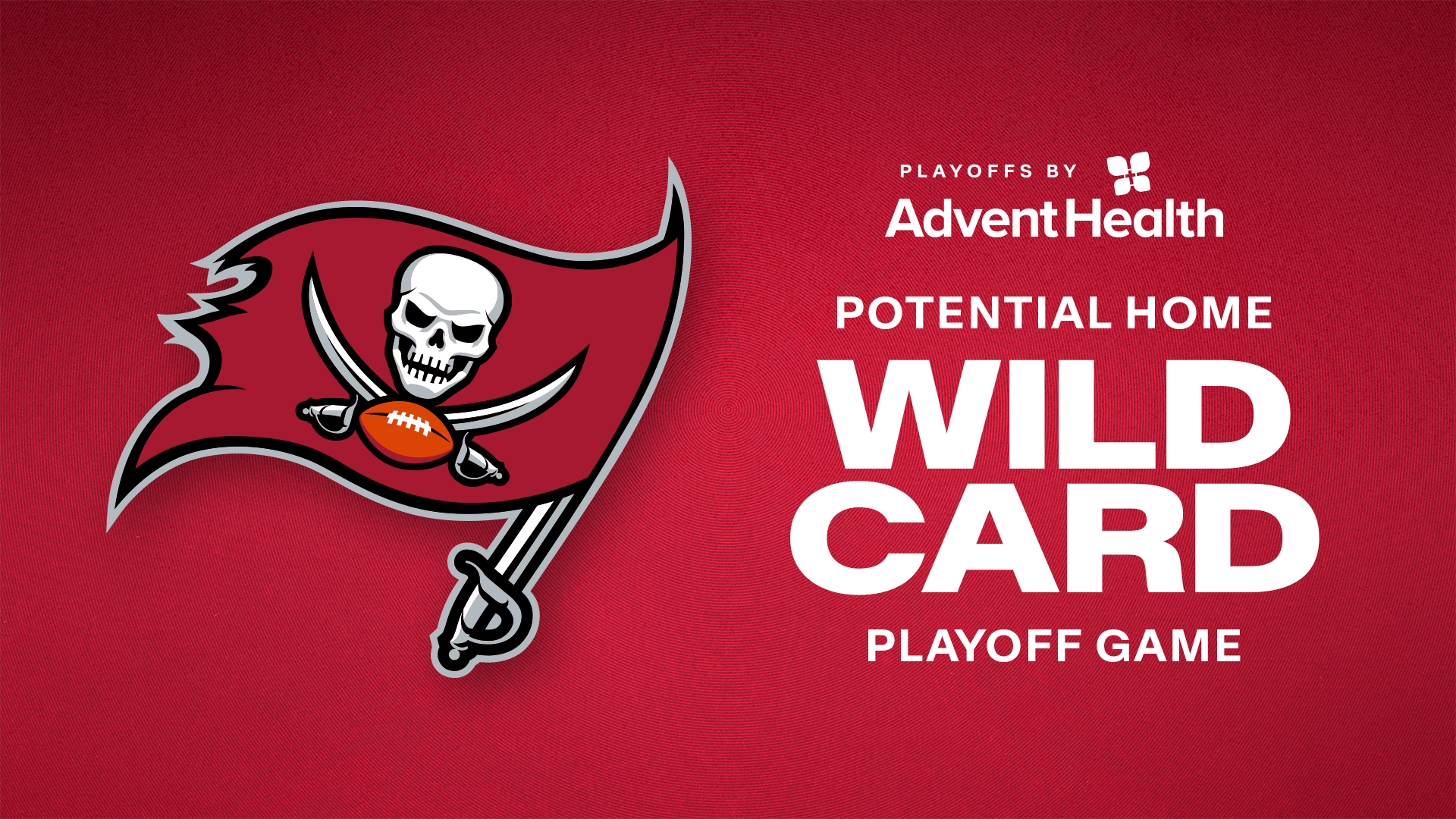When an NFL team prepares for the annual draft, it spends countless hours scouting…and not just the players who are available to be picked.
In order to get an idea of what the other 31 teams are thinking in regards to the draft, a thorough personnel department will also scout opposing coaches, general managers and existing rosters, looking for clues of any kind. If you can predict what your opponents are going to do, it makes it easier to plan your next move.
That said, Tampa Bay Buccaneers General Manager Jason Licht conceded that such analysis comes down to making educated guesses. In order to make sure he and his staff are as educated as possible, Licht turns to the resource students have always turned to: books.
Specifically, in this case, Licht's crew produces one book each year as part of their draft preparation, a book that tells them everything they need to know – or, at least, as much as they are able to gather – about the draft needs and intentions of the 31 other NFL teams. The effort involves putting themselves in the shoes of their counterparts.
"We evaluate every team and we try to look at every team from as if we were working there," Licht explained. "Whether their contracts, their skill, their depth, what positions are stronger than others and we put together a book every year that outlines every single team and what we think their top needs are. You research the general manager and the head coach, too and what they've done in the past. You can kind of tell which teams pick the best available player and which teams go strictly by need."
This effort is led, Licht said, by Rob McCartney, who has been the team's pro scouting coordinator the past two years after working his way through the department in a variety of roles involving both college and pro scouting. McCartney gets plenty of help, and is always quick to credit the Bucs' scouts and other personnel pros for the team's successes in the draft.
"He heads that up and does a great job with that and it gives us a great indication of what teams are going to take," said the Buccaneers' third-year general manager. "Not just in the first round but also second, third, fourth and so on.
"This is our heyday, this is what we get juiced up for and those guys do an incredible amount of work and they deserve a lot of credit for the past successes that we've had and their families are a big, vital part of that too. I just want to put that out there, a shout-out to those guys because they're working incredibly hard."
This is not to suggest that the Buccaneers are unique in scouting the rest of the league as part of their draft preparations. There's little doubt that every team in the league does its best to guess the plans of their opponents, whether that is distilled into a book like Licht's or put into some other form. Still, it's another task at which an NFL scouting department can excel or not excel to varying degrees. Teams can have better quarterbacks, better pass-rushers and better coaches. Licht isn't comparing his staff's work to that of other teams, but he is clearly confident in what his scouting team is capable of.
In an exercise that reminds you every year of how uncertain and unpredictable it is, all you can do is prepare your group as much as possible. Licht obviously thinks the opponent scouting book is a very important part of that, allowing him to react quickly and confidently when the clock is running on draft weekend.
"We have to prepare to take a player [at the ninth pick], we have to prepare to – a situation of moving back, we have to prepare for situations that might come up where we're enticed to move up.
"The draft never works out exactly [as you expect]. You could do a hundred mocks and it never works out the exact way you put it down, that you guess. You have to wait until the draft flows and that's kind of like a play caller. You know, you have your script during a game and Dirk [Koetter] has things that he wants to do. Sometimes it doesn't work out that way and you have to revise your plan a little bit and kind of shoot from the hip, for the lack of a better term. Every draft is different."
























